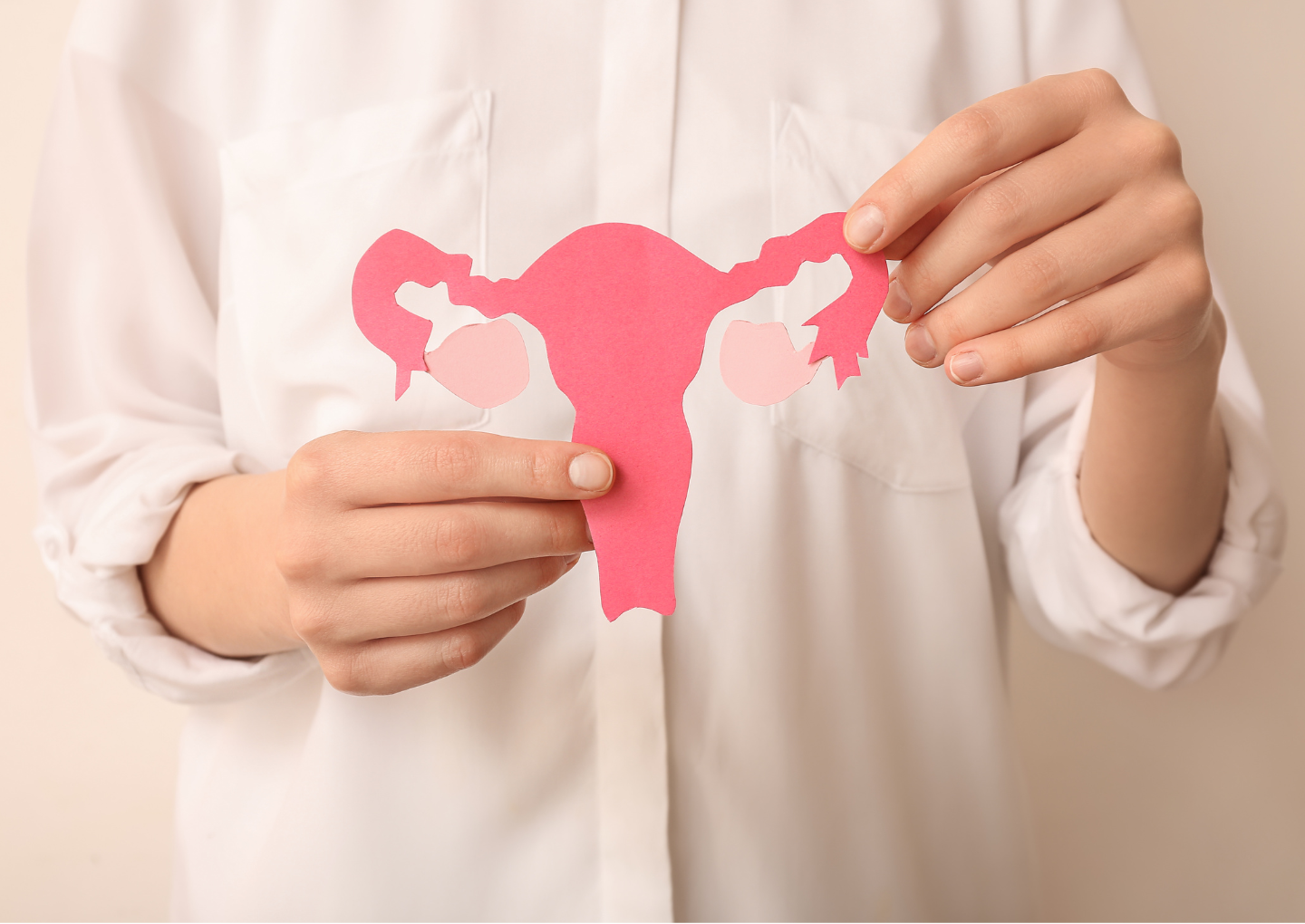Grabbing Menopause By The Horns

The role of hormones: Oestrogen and progesterone specifically.
During the menopause, your ovaries gradually slow down the production of these hormones, causing all sorts of changes in your body.
Oestrogen, in particular, is like the Lara Croft of hormones. It regulates everything from your bone density to your skin elasticity, playing a role in your cardiovascular health, how your metabolic rate functions, thyroid, brain — well just everything that makes us feel strong, capable and in control… like a real person.
Progesterone, oestrogen’s partner in crime, also decreases. Playing an important role in your menstrual cycle and pregnancy. Progesterone creates a healthy uterine lining to support a fertilised egg, embryo and foetus.
This hormone imbalance is what causes many of the symptoms we associate with menopause. Understanding these hormonal changes gives us the power to address them. Through lifestyle changes, natural remedies, and or medical intervention, there are ways to navigate this hormonal maze!
The menopause is not a disease — it is, after all, a natural transition.
Every woman’s experience is unique, and there’s no “right” way to go through it. Ladies, we need to allow ourselves the time, space and patience to re-invent ourselves and our daily routines, wants and needs.
Let’s look at ways to ‘take on menopause!’
Mother Nature really can be your best friend!
Natural Remedies for Menopause Symptoms:
• Supplements like B12, Magnesium and amino acids such as Omega 3, can really make a difference.
B12 supports your energy and cognitive function — amongst other things.
Magnesium is important in supporting all your tissue re-growth and maintenance including bone density — something that is greatly impaired by the loss of oestrogen! — Why do you think women suffer much more with osteoporosis than men in old age?
- Dietary changes: The way your body uses fuel will start to change. Sometimes quite significantly. Your hormones regulate your metabolic rate and help to stabilise your insulin sensitivity which is how your body processes and stores sugar and simple carbohydrates. Hormones also regulate cortisol and other stress hormones which can fluctuate and get out of control. Stress management is… well it’s pretty important if we want to keep ourselves out of prison.
- The power of exercise: Ok — no surprises for me as a Sports Therapist to be shouting this from the roof tops! If you want to get a hold of this menopause thing — which can and will disrupt life as you know it — strength training is a game changer! Forget loads of cardio — building muscle strength will take control of your failing metabolic rate, re-build bone density, promote good gut bacteria warding off or curing IBS and other issues, support your immunity which is helping to heal everything and fight disease and viruses, control and strengthen your stress hormone levels, reconfigure your internal thermostat and sort that sleep schedule out. It will give you energy and a clearer mind. I could go on forever. You don’t need to do hours and hours a week, just 30–40 minutes a day 3 times a week — following a good strength training program will do the job.
Hormone Replacement Therapy
Weighing up the Pros and Cons:
HRT. The so called ‘demon’ of therapy’s that the medical world has poo-pooed for many, many years now.
We have been told and led to believe that HRT should not be taken unless absolutely necessary as it will increase our risk of breast cancer and other health conditions.
But, over the last few years, this has been absolutely kicked into the curb. Although medical services across the western world are reluctant to catch up, re-train doctors and start admitting their failures, research from more medically advanced regions has uncovered that the trials that took place years ago were in-fact incorrect. The data was not documented properly and there is some question on the subjects (people) used and the amount of people that were trialed.
Needless to say, the results compiled were about as useful as a chocolate fire-guard. It is now very obvious through extensive modern research that there is actually a greater risk of heart disease and death through bone and joint breakages by not taking HRT and other natural remedies and lifestyle changes.
The increased risk of breast cancer is fractionally small and not nearly as high as the risks of not taking HRT.
But the medical world is still rolling out meds for depression and other health conditions, when in fact a huge amount of these cases are women who are experiencing the effects of hormonal changes caused by the menopause. (Please don’t think I am suggesting there is no place for certain medication for serious illnesses like depression and mental health — this is about our medical services mistaking the menopause for other conditions; trying to cure the symptoms rather than tackling the cause).
Congratulations! You’re now armed with a toolkit of menopause management strategies that would make even the most seasoned health guru jealous. Remember, menopause isn’t just an ending — it’s a new beginning. By implementing these tips and tricks, you’re not just surviving menopause; you’re thriving through it! So go ahead, embrace this new chapter with confidence, grace, and maybe a portable fan or two. You’ve got this, and the best is yet to come!
